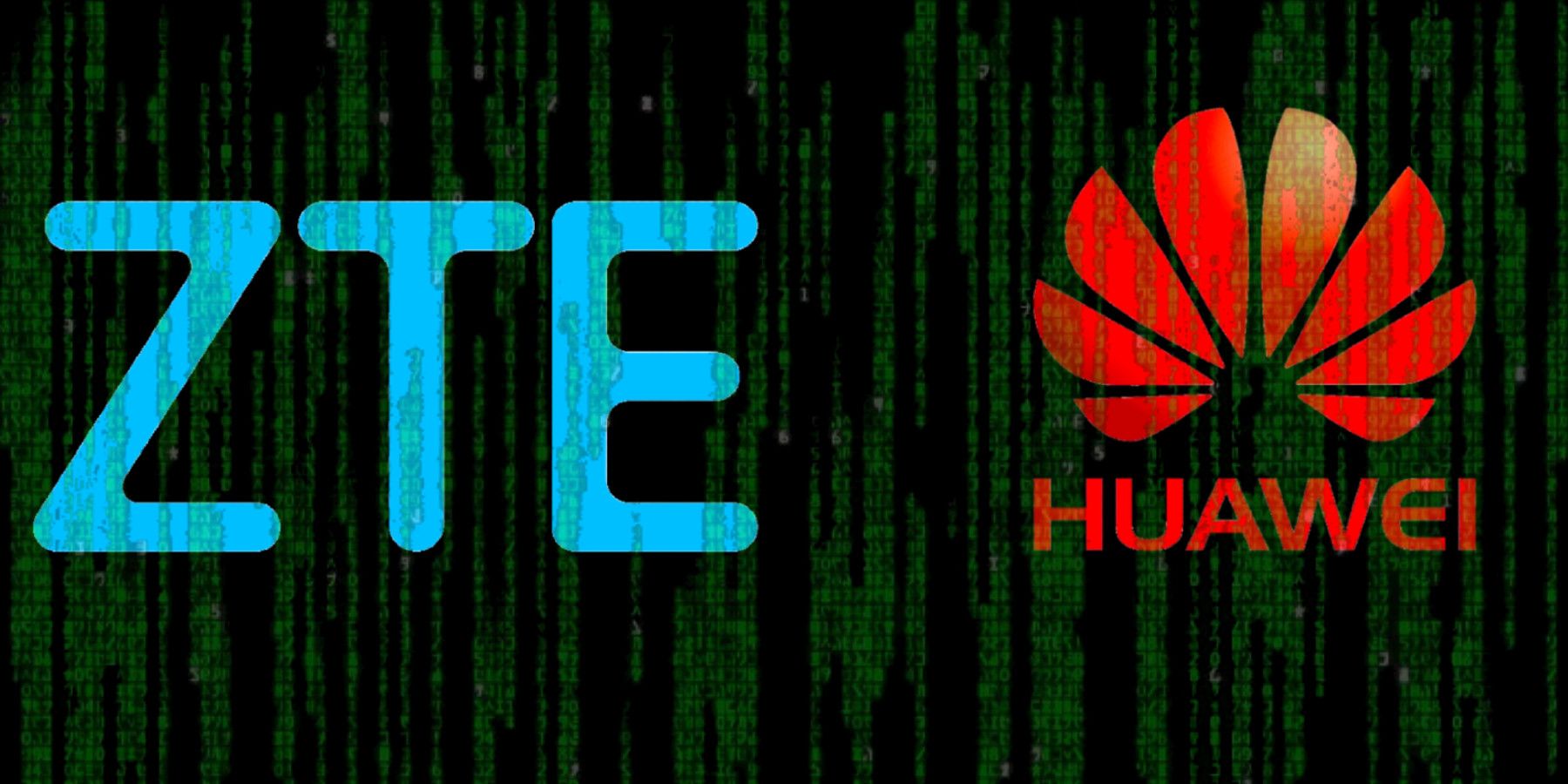As privacy continues to be a major talking point in tech, the FCC has now officially declared Huawei and ZTE as national security threats. 5G is currently in the process of becoming more widely available and that has raised some concerns about privacy. At the same time, consumers are becoming increasingly more aware and vigilant of how companies monitor and track them, including demanding greater levels of protection.
The Federal Communications Commission, the FCC, is tasked with protecting the American communication infrastructure from security risks. With this in mind, it is important to acknowledge there are many tech companies with ties to China, and some government agencies are banning the use of products and services by these China-based companies. Huawei, a company that sells smartphones and other consumer electronics, has been accused of having a troubling reputation, and the U.S. has already charged the tech company with racketeering and conspiracy. Similar to Huawei, ZTE has also been rolling out its 5G solutions and has raised privacy concerns of its own.
The FCC recently declared both Huawei and ZTE as threats to America’s security. As a result, the US will not spend the FCC’s Universal Service Fund (USF) to purchase or obtain products or services from the Chinese companies. Ajit Pai, the chairman of the FCC, rationalized this decision by explaining that both companies have ties to the Chinese Communist Party and China’s military. In addition, to noting how Chinese law allows the government to access company data.
The Reasoning Behind The FCC's Designation
While there has not been enough substantial proof that ZTE and Huawei are officially working with the Chinese government to spy on Americans, both companies have connections with China, and the FCC argues their equipment has noticeable security flaws. Furthermore, the Commission’s action is nothing unusual, considering the Department of Defense removed ZTE devices from stores and military bases. The Commission justified the decision by citing ZTE's ignoring of the American embargo on Iran and the obstruction of a Department of Justice investigation. After the initial designation, ZTE stated that it is improving security and cooperating with US export regulations. On the other hand, it did not counter its obstruction allegation.
Huawei’s affiliation with the Chinese government is arguably more concrete, considering the founder, Ren Zhengfei, was a former director of the People’s Liberation Army of China. Moreover, employees of Huawei reportedly shared evidence that suggested the company provides network services to a Chinese cyber-warfare unit. That said, Huawei looked to counter the FCC’s designation by saying the FCC deprived it of due process, because of an earlier designation. In response, the Commission dismissed this by pointing out that the first designation was non-binding. Huawei also failed to prevent this final designation by claiming it would hurt the company’s reputation and deny it from pursuing business, including government program opportunities.
Source: FCC


